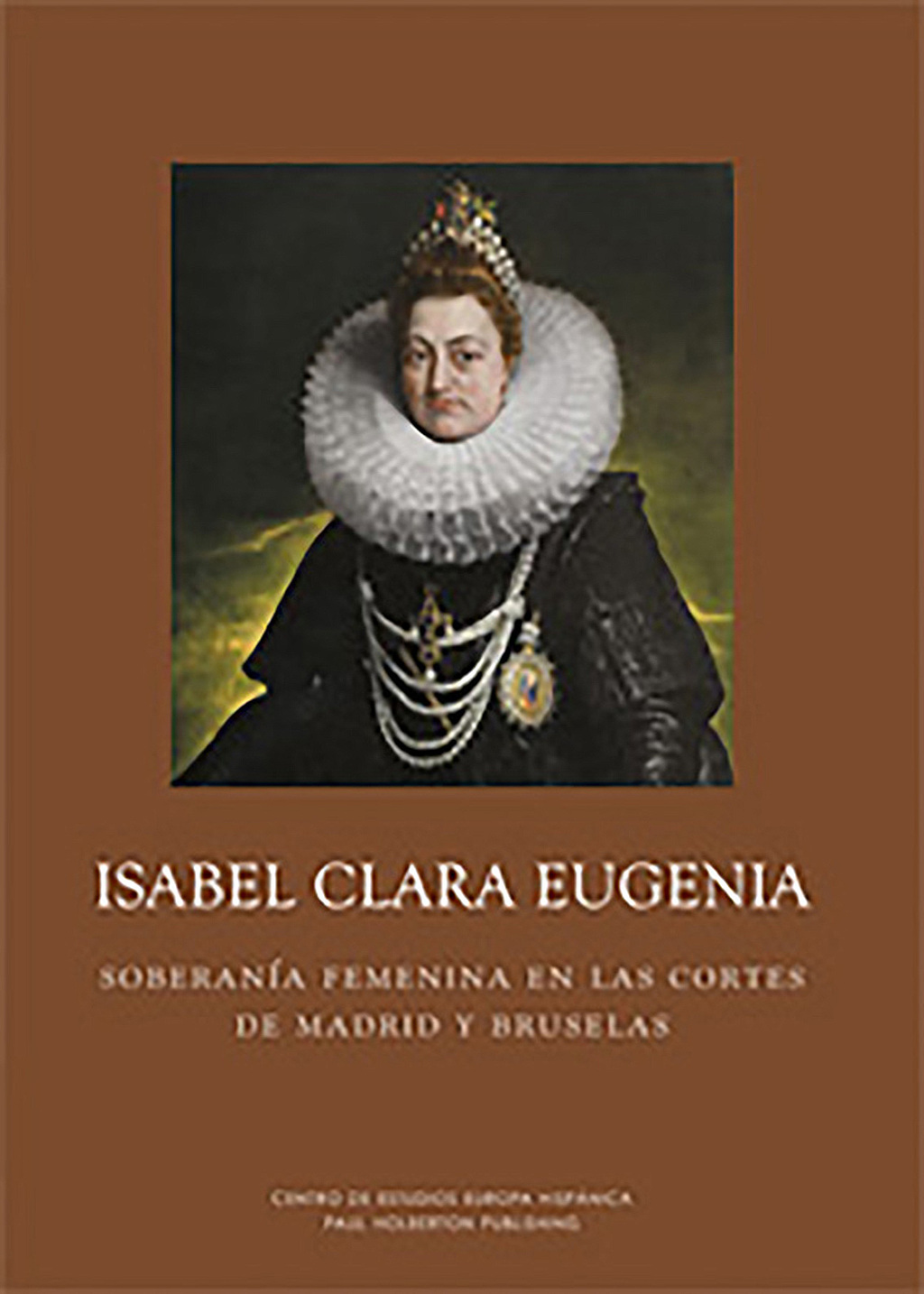Author
Cordula van Wyhe (dir.)
Characteristics
448 pages; 192 color illustrations; hardcover with jacket; 20 x 28 cm
Publication
Spanish; jointly published with Paul Holberton publishing; 2011
ISBN
978-84-936776-4-0
Price
€50,00
Buy on our site and save 5% on this book until April 30
(coupon code: DÍA DEL LIBRO)
The Infanta Isabel Clara Eugenia, eldest daughter of Philip II of Spain, was one of the pioneering female political players of the seventeenth century. Credited for her significant contribution to the consolidation of Spanish power in the ten southern-most provinces of the Burgundian inheritance after an eighty years rebellion against Habsburg domination, an area corresponding roughly to modern Belgium, her legacy still shapes the political landscape of today.
This collection of fourteen essays is the first in-depth study of the Infanta from her childhood at the court in Spain to her death as widowed governess of the Spanish territories in the Low Countries since Countess Hennequin de Villermont’s voluminous biography of Isabel from 1912, almost one hundred years ago.
This book is based on new research by internationally renowned specialists and some of the most promising young scholars in the field. Coming from differing disciplines such as history, literary history and art history, the authors bring an extraordinarily wide-ranging diversity of approaches, methods and perspectives to our understanding of the Infanta as a political and cultural figure. She not only comes alive as a historical person on the broader diplomatic stage of early modern European politics, but also in the specific visual, devotional and ritual practises which underpinned female sovereignty. As the first publication of its kind, this book will prove essential reading for anyone touching upon the subject.
Cordula van Wyhe is a lecturer in History of Art at the University of York, United Kingdom. She has a wide-ranging research expertise in seventeenth-century Baroque art with particular reference to the Spanish Netherlands and France. Particular interests include the artist Peter Paul Rubens, religious and political imagery, royal patronage, and early modern court culture.

